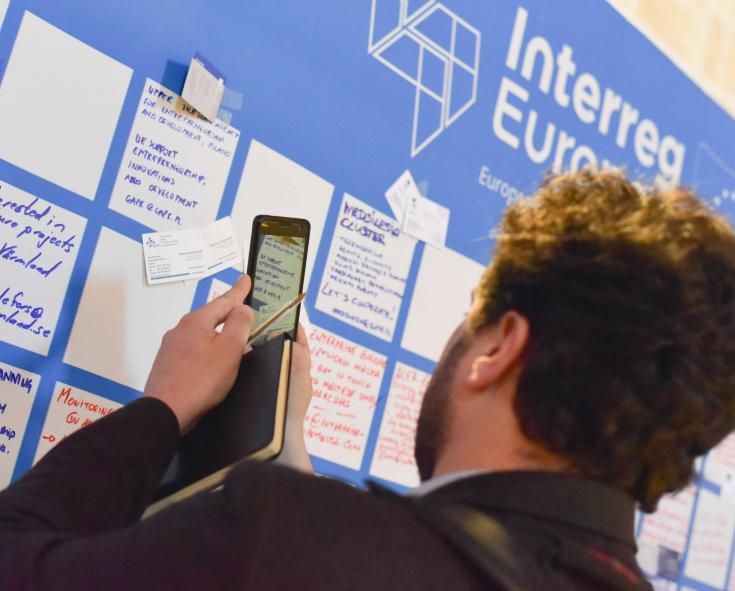Interreg Europe is committed to simplification


Simplification is a top priority in the EU agenda and Interreg Europe is committed to make simplification a reality for project partners. Various measures have been introduced to make project management easier, making full use of the possibilities offered by the EU regulations in the 2014-2020 programming period.
Some examples:
- A flat rate for administration costs and a lump sum for preparation costs has been introduced.
- For project staff regularly working on a project, it is now possible to declare staff costs as a fixed percentage of the salary. Timesheets are no longer needed in this case.
- Expenditure no longer has to be broken down by different components/work packages. They are declared by the same 5 budget lines foreseen in the EU-Regulation.
- The control process has been lightened: the first level controller of the lead partner no longer has to check and re-confirm the expenditure of the whole partnership.
- The application, reporting and control processes are now fully online in the programme’s online system (iOLF). Many checks previously done by the lead partner are now automatised.
- Project websites are hosted by the programme website.
Project partners can spend less time and efforts on paper work and administrative issues. This allows them to focus their resources on content and results, and thus to further improve the project’s cost-effectiveness without compromising the regularity of expenditure reporting that we owe to the European tax payer.
Check our video and listen to what our project partners say about their experience with simplification in Interreg Europe. Getting involved in an Interreg Europe project is much easier than you might think!
Our work on simplification continues. Get involved in an Interreg Europe project; and for those already involved share with us your ideas on how to simplify further!
For more guidance on planning and running a project, visit our 'Develop a project' page with instructions and assistance for project preparation, or our 'Implement a project' page with guidance for approved projects. Have a look also at the FAQ section to find answers to the most common questions.
To read more about the third call, visit the applicant page.